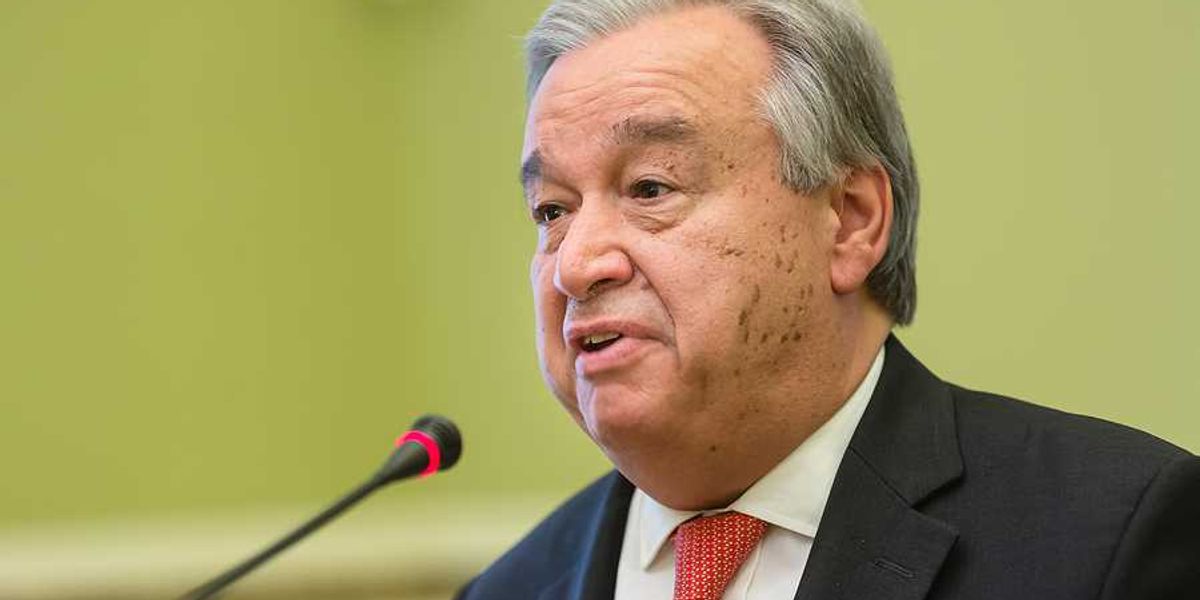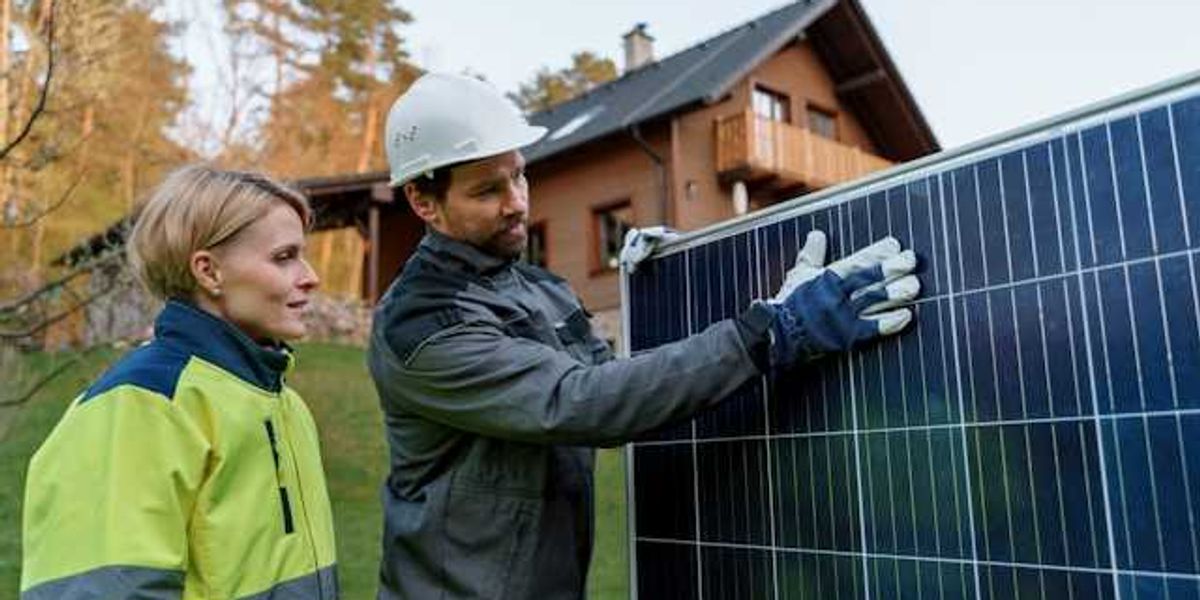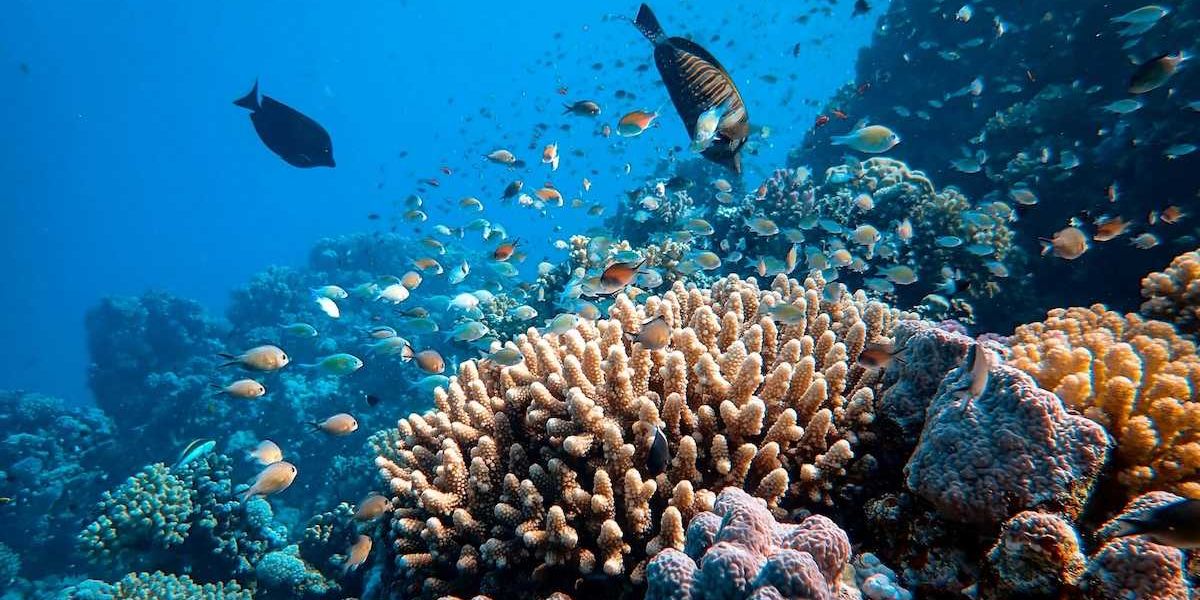05 January
Oil companies use legal loopholes to avoid well cleanup costs
The oil industry has created a "playbook" to avoid cleaning up old wells, leaving taxpayers to foot the bill as millions of wells across the U.S. leak pollutants.
Mark Olalde reports for ProPublica and Capital & Main.
In short:
- Oil companies exploit subsidies and shell companies to profit while offloading aging, unproductive wells to smaller firms unable to manage cleanup costs.
- Regulators often accept minimal bonds from companies, covering only a fraction of the cleanup expenses and leaving taxpayers responsible for orphan wells.
- Efforts to reform bonding requirements and enforce cleanup responsibilities have faced resistance from industry groups and legal loopholes.
Key quote:
"We have oil and gas welfare queens."
— Stephanie Garcia Richard, New Mexico commissioner of public lands
Why this matters:
Orphan wells leak methane, benzene and brine into communities, contributing to environmental and health risks. Without stronger regulation, the associated costs will increasingly fall on taxpayers, furthering inequity and pollution in vulnerable areas.
Read more: First Nations restore abandoned oil wells to revive their homelands













